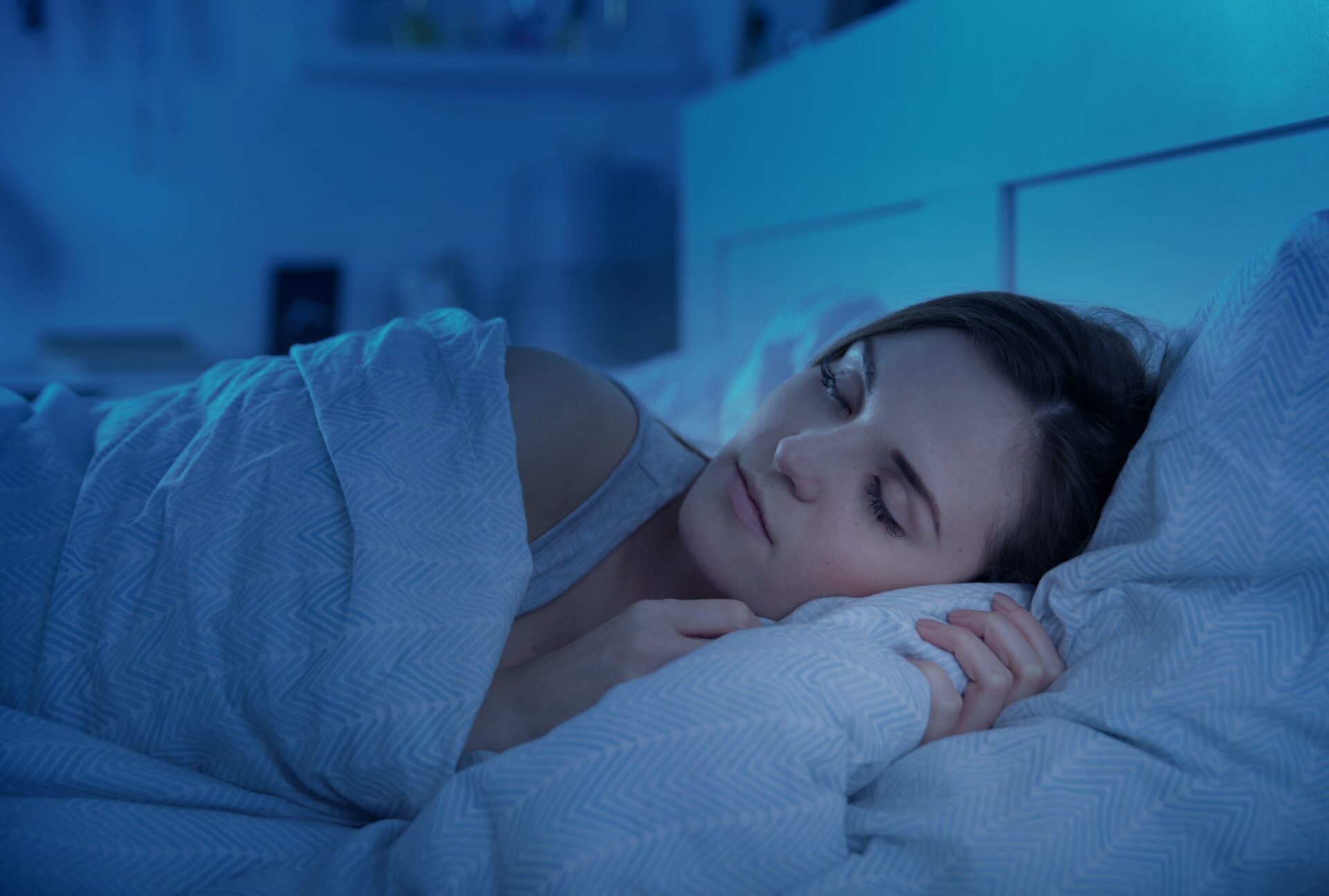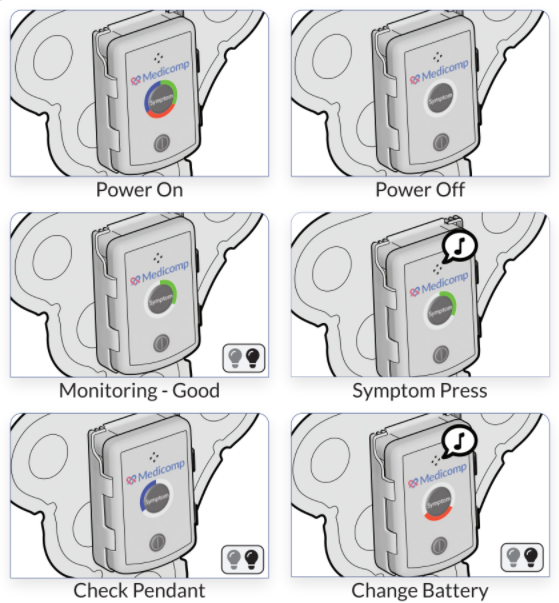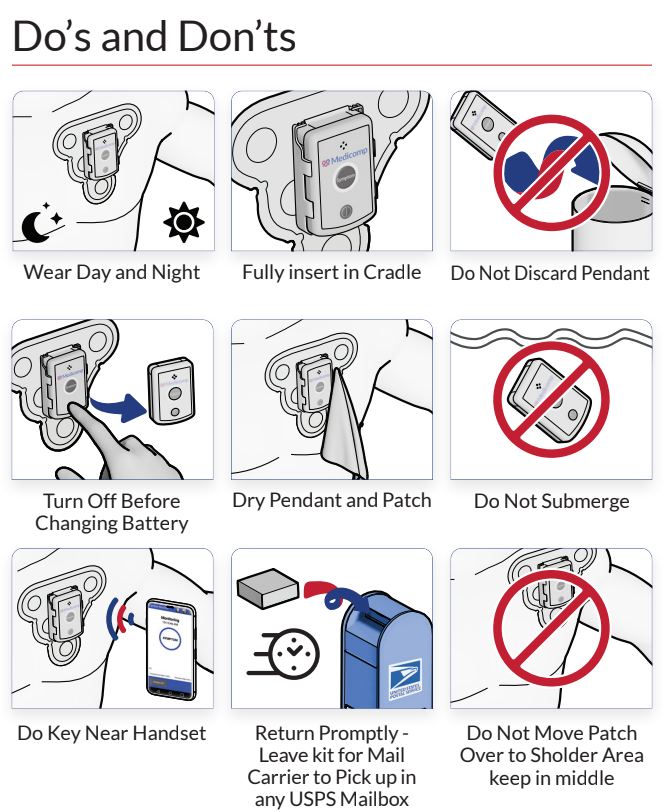Many people know that a lack of sleep affects your heart, there’s more to it than how many hours you sleep at night. The wearable cardiac monitor experts at ReactDx bring you this information regarding a recent sleep study from Duke Health and the Duke Clinical Research Institute. Researchers studied the health and sleeping habits of nearly 2,000 adults aged 54-93 over a ten-year course to determine factors associated with sleep that can negatively or positively affect how well your heart operates.
- When do you go to sleep? While some people are night owls and stay awake until 2 am, others cannot function past 9 pm. Is one group healthier than the other? Not necessarily. The trick to a healthy a sleep pattern isn’t going to bed early, but going to bed at the same time every night. Working the night shift won’t affect your cardiovascular health if you go to bed at that time every night, but if you consistently vary your bedtime, you may cause your body to go into a stress mode, which is hard on your heart.
- When do you wake up? Much like going to bed at the same time, it’s good practice to wake at the same time. When your sleep schedule is interrupted constantly and you wake at different times, your body produces a stress hormone that may eventually lead to heart problems. The Duke University research found sleep irregularity proved to be the best predictor for heart and metabolic disease risk.
- Inconsistent sleep patterns and sleep deprivation are linked to heart disease, high blood pressure, insulin resistance and type 2 diabetes, stroke, and an increased body mass index (BMI). Even the weekend change in sleep patterns — waking up hours later than usual after a long night out with friends — can escalate the risk of heart disease.
Help your body regulate its sleep pattern. Whether you’re an early bird or a night owl, keep it consistent. Exercise regularly to tire out your muscles, don’t eat too close to bedtime, stop drinking coffee and caffeinated drinks in the afternoon, and let your mind unwind by leaving your phone on your dresser an hour before bed. If you experience any heart problems, contact your doctor immediately. Call ReactDx at 800-23-HEART or visit our website for information on our great lineup of wearable cardiac monitors.




